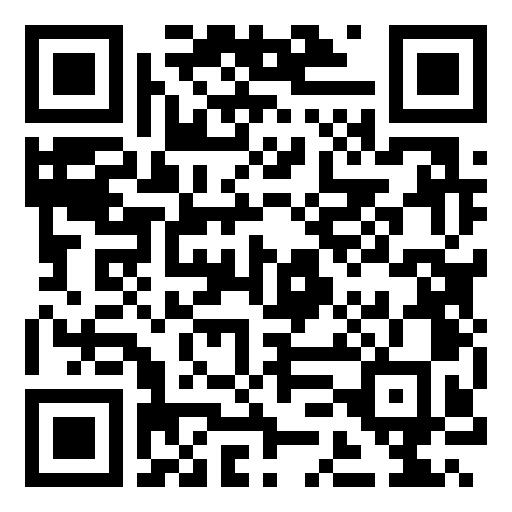Although digitization is a concept that existed decades ago, it has been developed faster in the industry 4.0 era. In particular, on March 10, 2020, the European Union issued the "New European Industrial Strategy", which made it clear the future vision of the European industry. That is to say, industries should obtain global competitiveness and world leading level, be environmentally-friendly, and shape the digital future of Europe. Digital transformation is also a key measure of the EU's "Green New Deal".
In September, EU president Von Der Lain pointed out at the plenary session of the European Parliament that it is necessary to promote the transformation and reform of "Europe's digital decade", formulate a "common plan for Europe's digitalization", and clarify the development goals for 2030. She believed that in the next five years, the volume of global industrial data will triple, and the opportunities will quadruple. At present, about 80% of the industrial data in Europe has never been used, which is a serious waste problem. The data economy will be a powerful engine for European industrial transformation, which is one of the reasons for building European cloud based on " Gaia-X " to increase European data sovereignty. EU industry will also pay attention to the development of artificial intelligence, data connection and other infrastructure issues.
It is worth noting that the two themes of "digital transformation" and "low-carbon metallurgical technology revolution" of European steel industry are interwoven and coexist. In terms of zero emission, digital technology will also play an important role. For example, Tenova and Microsoft jointly innovated the metallurgical industry with the help of Microsoft's Azure Platform's innovative solutions for the iron and steel industry.
Challenges of digital transformation of European steel industry
In digital transformation, there are four important levers: digital data, automation, connectivity, and digital customer access. Meanwhile, digital transformation has to face the following four dimensions of challenges to achieve the integration of all systems and production units:
"Vertical integration" refers to the system integration from sensors to the classical automation level of ERP (Enterprise Resource Planning) system.
"Horizontal integration" refers to the system integration in the whole production chain.
"Life cycle integration" refers to the integration of the whole plant life cycle from basic engineering to decommissioning.
"Horizontal integration" refers to the decision-making between steel production chains, involving technology, economy and environment.
The framework of digital transformation of European industry
European industry 4.0 includes the following three different manufacturing modes.
The first one is intelligent manufacturing (IMS), which uses advanced manufacturing technology and information to optimize the production process of products and services. The second one is manufacturing based on internet of things, which depends on the development and utilization of intelligent manufacturing objects (SMO). The third one is cloud manufacturing.
"Digitization" refers to the transformation of interactive communication, business functions and business models into digital forms. "Digitization" promotes the integration of digital technology into the business domain. "Digital transformation" is not only the simple transformation from "analog" to digital data and documents, but also the creation of network between business processes, efficient interface, integrated data exchange and management.
Digital transformation is the key of the 4th industrial revolution, and a large number of new enabling technologies (KETS) will be applied. Internet of things (IOT), big data, cloud computing, machine learning (ML), artificial intelligence (AI), service Internet, new-generation sensors, mechatronics and advanced robotics technology, network security, 3D printing, digital twins, machine to machine (M2M) communication are all included. Through the application of these technologies, as well as higher-level Internet cooperation and resource sharing, new business models will be developed.
Three major research projects supporting the digital transformation of European steel industry
The first category is the development of digital research activities and enabling technologies, including the Internet of things, big data, cloud computing, self-organizing production, production line simulation, cyber-physical system (CPS), intelligent supply chain network, vertical and horizontal integration, predictive maintenance, network security, enhanced work maintenance and services, automatic driving of logistics vehicles, and digitalization of knowledge management.
The second category is the research projects funded by Coal and Steel Research Fund. The most active participants include BFI of Germany, mefos / kimab of Sweden, Rina CSM of Italy, Sant'Anna, Thyssen, Anmi, Tata, Gerdau, VAI, primetals, SMS Siemag and Danieli.
The third category is other European funding schemes for digital and low-carbon technologies in the steel industry. For example, the 7th framework plan (FP7) (2007 – 2013) and its subsequent version Horizon 2020 (2014 – 2020) are included. Most of these projects were launched between 2014 and 2017. Some of these projects include: DISIRE, CoPro, FUDIPO, MORSE, RECOBA and COCOP and etc. Before the concept of industry 4.0 was put forward, these projects of digital transformation of iron and steel industry had been in operation.

Jan. 15, 2020 Beijing China

- [Editor:Catherine Ren]



 Save
Save Print
Print Daily News
Daily News Research
Research Magazine
Magazine Company Database
Company Database Customized Database
Customized Database Conferences
Conferences Advertisement
Advertisement Trade
Trade











Tell Us What You Think